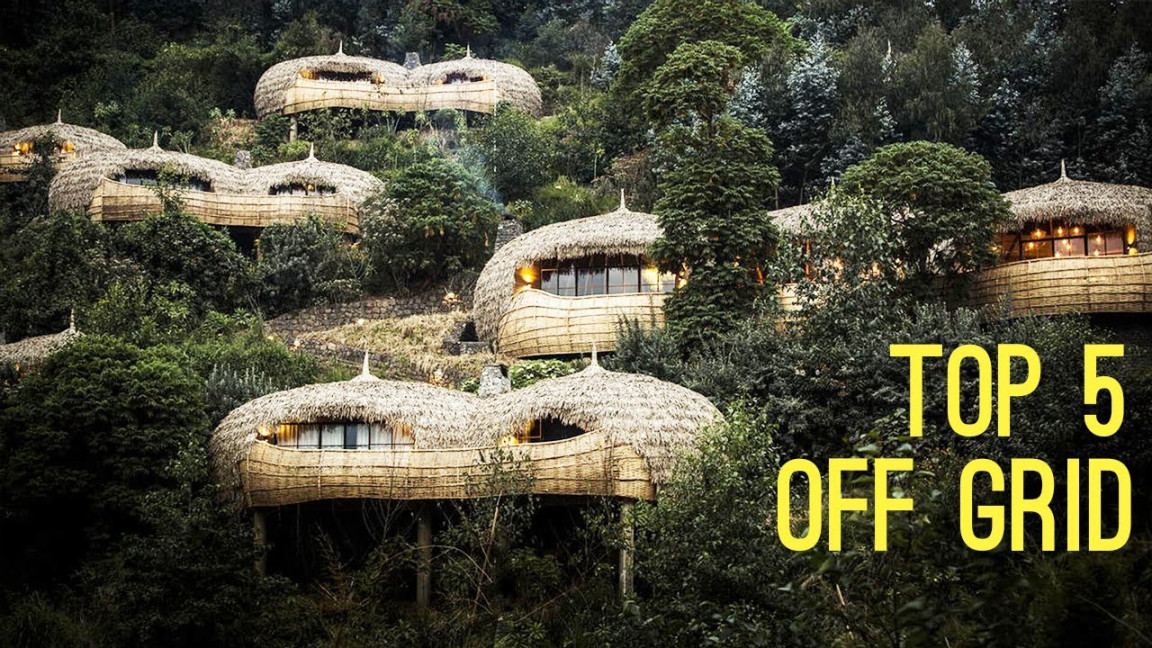Introduction
The allure of escaping the hustle and bustle of modern life to embrace a simpler, more self-sufficient lifestyle has captured the hearts of many. Living off the grid offers a unique opportunity to reconnect with nature, reduce your environmental impact, and gain a profound sense of independence. But where do you start? This comprehensive guide will delve into the essential elements of finding and creating your ideal off-the-grid community.
Lighting

Effective lighting is crucial for both functionality and ambiance in an off-the-grid home. Solar panels can provide a sustainable energy source for powering LED lights, which are energy-efficient and long-lasting. Consider incorporating natural light through ample windows and skylights during the day. For evening activities, create a cozy atmosphere with soft, warm-toned lighting.
Color Palette
The color scheme you choose can significantly impact the overall feel of your off-the-grid living space. Opt for earthy tones that complement the natural surroundings and create a sense of harmony. Incorporate calming colors like greens, browns, and blues to promote relaxation and well-being.
Furniture
When selecting furniture for your off-the-grid home, prioritize comfort, functionality, and durability. Choose pieces made from natural materials like wood or reclaimed materials to align with your sustainable lifestyle. Multifunctional furniture can help maximize space and versatility.
Materials
Sustainable and eco-friendly materials should be a top priority when building or furnishing your off-the-grid home. Consider using reclaimed wood, bamboo, and other natural materials that have a minimal environmental impact. Insulation is essential for energy efficiency, so opt for materials like cellulose or sheep’s wool.
Accessories
Personalize your off-the-grid space with thoughtfully chosen accessories that reflect your style and values. Incorporate handmade crafts, natural textiles, and plants to create a warm and inviting atmosphere.
Layout
The layout of your off-the-grid home should optimize functionality, energy efficiency, and harmony with the natural environment. Consider passive solar design principles to maximize natural heating and cooling. Create open and flexible spaces that can adapt to various activities and accommodate changes in lifestyle.
View
The view from your off-the-grid home is an invaluable asset. Choose a location that offers breathtaking natural scenery and maximizes sunlight. Design your living spaces to take advantage of the view and create a seamless connection with the outdoors.
Conclusion
Finding and creating an off-the-grid community is a journey that requires careful planning, consideration, and a deep commitment to sustainability. By prioritizing eco-friendly materials, energy-efficient design, and a harmonious connection with nature, you can build a thriving off-the-grid lifestyle that supports both your well-being and the planet.
FAQs
What are the initial costs of building an off-the-grid home?
The initial costs of building an off-the-grid home can vary significantly depending on factors such as location, size, and desired amenities. However, it is generally more cost-effective in the long run due to reduced reliance on utilities.
What are the legal considerations for living off the grid?
Local zoning laws and regulations will dictate what is permissible on your property. Researching and understanding these guidelines is crucial before making any significant investments.
How can I ensure a reliable water supply for my off-the-grid home?
Collecting rainwater, drilling a well, or utilizing a natural spring are common methods for obtaining water off the grid. Proper filtration and purification systems are essential for safe consumption.
What are the challenges of raising children in an off-the-grid community?
Raising children off the grid can offer unique opportunities for connection with nature and self-reliance. However, it is important to consider factors such as education, healthcare, and social interactions.
How can I maintain social connections while living off the grid?
Technology can play a vital role in staying connected with friends and family. Additionally, participating in local community events and building relationships with neighbors can help foster a sense of belonging.